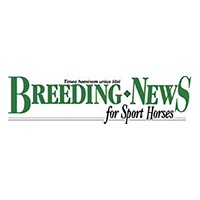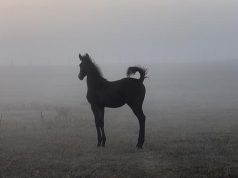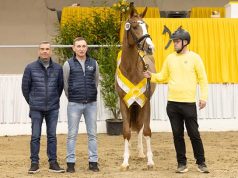GREAT BRITAIN (by Imogen Wood) It is not only in the chaotic world of international relations that seemingly disparate organisations come together with a united aim when they all feel threatened by another force. It’s not unknown in the equestrian world, and when it happens in the ever-fractious and frequently sparring world of breeding organisations in the UK twice in one month, then surely something significant has hopefully occurred.
To fully comprehend why such united action has occurred within the equestrian breeding community in the UK, it’s necessary to understand that the environment and culture in which british breeders operate is fundamentally different from that operating in mainland Europe, having experiences a variety of complex historical and geograpical reasons over the past 200 years!
The best article on this is professional historian John Clarke's introductor y chapter in the Clarke/Wallin/ Kidd work The International Warmblood Horse, but briefly because there has never been any reason to support horse breeding for either military or agricultural reasons (apart from a brief period when small native ponies were mainly bred for work in the mines), there has never been any government funding for horse or pony breeding and as a result little control over breeding policies or the way in which any breeding organisations were run.
Stallions were licensed for safety reasons - the licensing procedure being based on a basic two-stage vetting and a general concern about the environment in which the stallion was kept, for the sake of the public not the horse of course - but that was abandoned about 40 years ago because the then Ministry of Agriculture decided that (uniquely amongst Euro- pean countries) the horse was not an agricultural animal. Over the years this sit- uation has led to a superfluity of different bodies set up to represent the diverse aspects and interests of horse and pony breeders in the UK, and has also led to over 50 different stud- book passport issuing organisations (PIOs) being recognised by DEFRA (the UK Department of the Environment, Fisheries and Rural Affairs) including Agriculture - and, therefore, the administration of EU equine passport and zootechnics regulations - as one of its responsibilities...
CLICK HERE TO SUBSCRIBE TO BREEDING NEWS
SUBSCRIBERS CAN READ THE COMPLETE ARTICLE BY LOGGING IN AND RETURNING TO THIS PAGE




